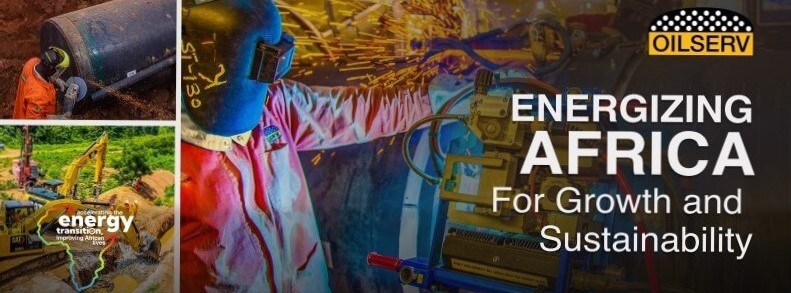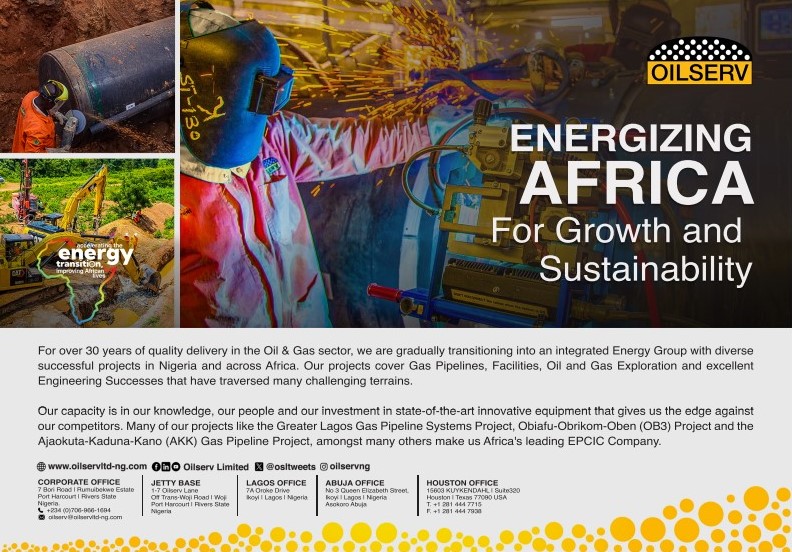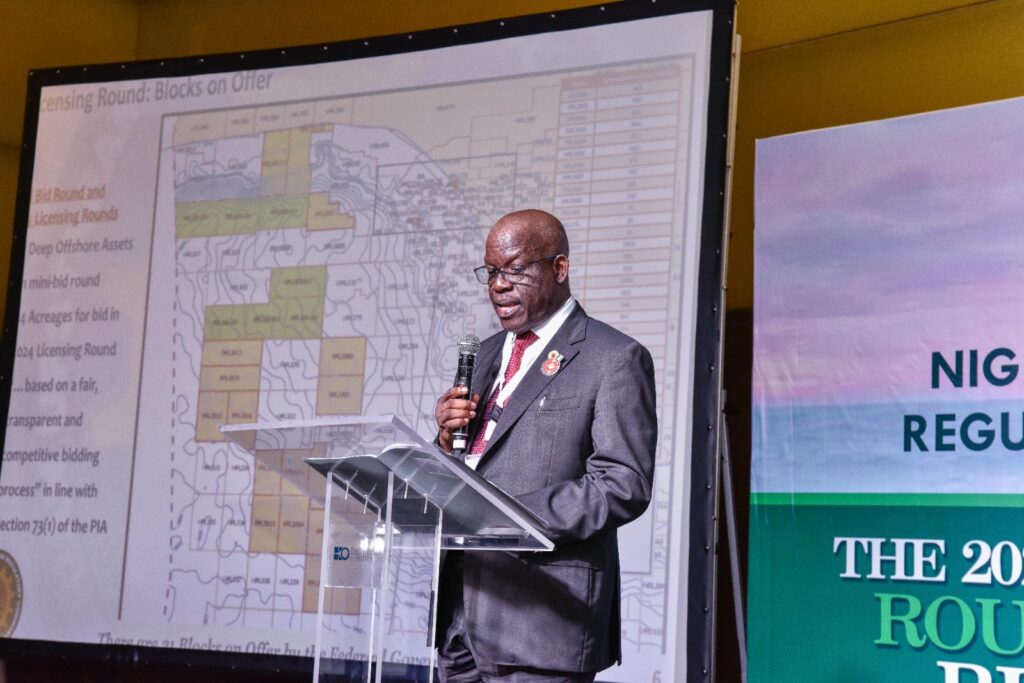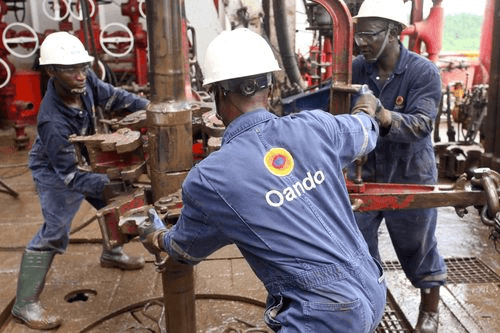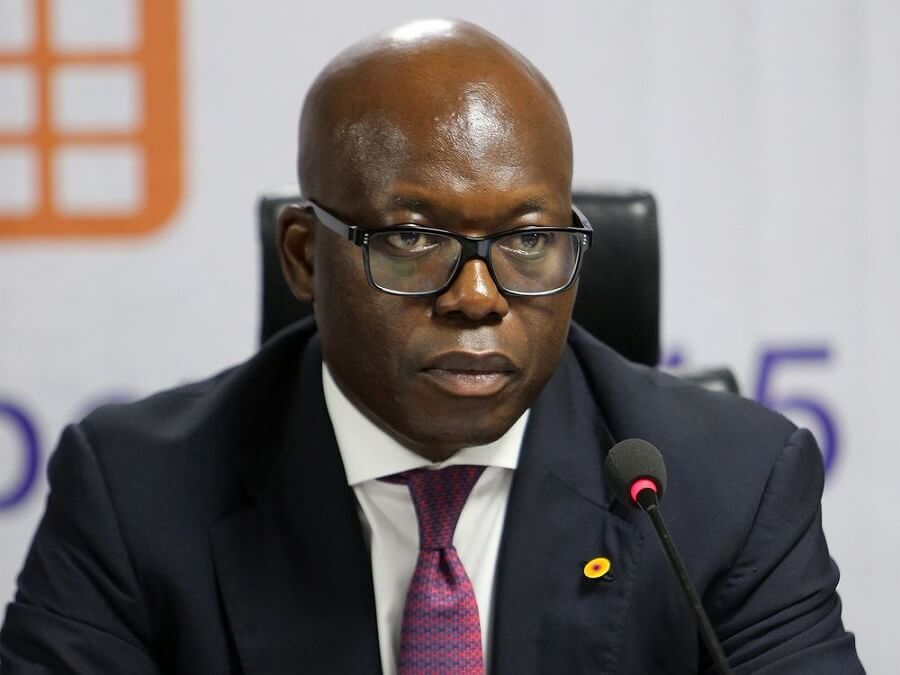
CLIMATE CHANGE has increasingly become a major concern for everyone. From Abuja to Algiers and Alaska to Antarctica, the impact of climate change on the environment is seen every day. Outdoor temperatures and sea levels are rising, water bodies are drying up, and the frequency of major weather events is increasing.
This worrisome impact of global warming has, over the years, triggered the best of human innovation, especially in the fields of energy and sustainability.
World leaders, leading institutions, scientific communities, businesses, and organizations are leading global solidarity in action against climate change and its impact on life on earth. The call to end the use of fossil fuels in order to reduce global Co2 emissions and achieve carbon neutrality by 2050 is becoming louder, and the coalition is big, but greater synergy is required to achieve sustainable outcomes.
This requires the global oil industry to play more than one important role, to lower the global carbon footprint, sustain global energy security, and drive prosperity especially in developing countries where population growth remains well above global average.
In most known instances, the oil industry has remained one of the major contributors to global economic growth, by guaranteeing energy flow to industrialized regions and revenue and taxes to oil-producing countries like Nigeria.
These dual roles cannot be simply ignored in our quest to address the impact of carbon emissions on the environment. Policies and views on the energy transition should therefore reflect global energy and economic realities surrounding both oil-producing and consuming nations.
As a national oil company, we believe inclusive policy actions that guarantee access to finance and low-car-bon technology are key to sustaining global energy security and equitable growth as the world transit to a carbon-neutral economy.
Our strategy for achieving carbon neutrality is centered around three principles; adoption of low-carbon technology across our operations, deepening natural gas utilization to reduce energy poverty, and investment in clean energy technology and products.
We believe these principles are most likely to support a smoother transition to a carbon- neutral economy without compromising access to the cheap and readily available energy resources that will be required to address energy poverty and support country-specific development priorities.
Slowing down investment in hydrocarbon ventures may provide the right incentive for the energy transition, but it cannot guarantee global energy security in the near future, especially as energy demands grow faster than renewable energy maturation.
The world therefore needs to adopt a more inclusive consensus, one that considers complementarities and trade-offs between and within policies and policy objectives.
As a commercially driven entity, we are leveraging the current industry dynamics to diversify and grow our portfolio in order to maintain relevance in the global energy market. Additionally, we are reassessing the brown and green assets for our Carbon Budget and environment credentials as part of our transition to an energy company of global excellence.
___________________________________________________________________________
Mele Kolo Kyari is the Group Managing Director and CEO of the Nigerian National Petroleum Corporation.
